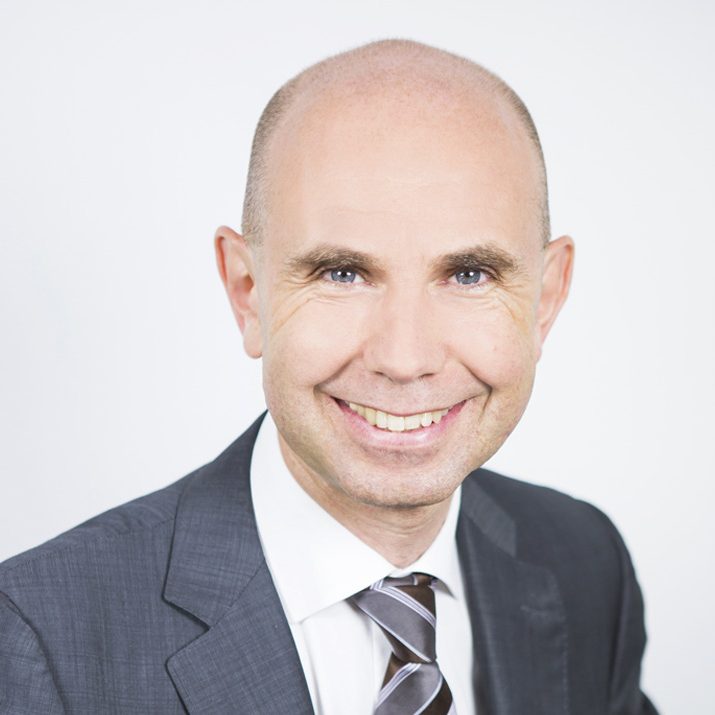The first concerns the sphere of administrative management and is based on user relationship management (URM), or GRU, which refers to all interactions with users, whether citizens or external users.
Taken in its broadest sense, this "management" covers all administrative procedures that citizens may have to complete in their daily lives, the area of reports and complaints, which can represent 50,000 to 70,000 requests to be processed annually in a medium-sized city, and also the monitoring of specific communities such as people at risk or experiencing social difficulties.
From this point of view, user relationship management, which relies on dedicated digital solutions, is a cross-functional tool offering value-added services for users - being able to carry out administrative procedures online, even with the assistance of a remote agent - and the ability given to agents to intervene more effectively in their work by improving the responsiveness of processing services and gradually introducing automatic processing procedures in a push marketing logic.
In Lyon, a few weeks before their residential parking subscription expires, users receive a renewal message allowing them to complete the process directly on their smartphone. Digital technology does not eliminate direct contact at the counter; quite the contrary, it even enhances the efficiency and versatility of agents responsible for handling citizen requests in person.
Citizen relationship management can also combine powerful support functions for municipal call center operators, via administrative databases, allowing them to effectively respond to initial requests for information from users.
Today, new generic functions are gradually being added, such as remote appointment scheduling with an administrative authority, reporting incidents on public roads, online payment, the implementation of universal alert services, and online user assistance, as previously mentioned.
The other facet of the progress enabled by digital technology also concerns the technical sphere and concerns the so-called "smart" management of large urban networks, which are increasingly regulated by digital technology, whether for drinking water, sanitation, waste collection, or even mobility.
A revolution is currently taking place in the management of these services to make them more efficient and offer better quality of service. Digital control and management systems based on sensors implemented throughout the networks now make it possible to detect incidents (outages, pollution, leaks), control active parts, and ensure predictive maintenance from monitoring centers.
A growing number of drinking water distribution and sanitation networks are thus being managed remotely. Other systems are beginning to be implemented on public lighting networks to reduce energy consumption, in surface and residential parking spaces, and in public buildings to ensure better energy management.
Furthermore, in terms of security, video surveillance networks are expanding both their scope and their functionality. This proliferation is leading the most advanced cities, such as Dijon, Angers, and Nice, to concentrate the management of all these functions in the form of urban hypervision platforms. These projects optimize costs and the management of public services, reduce the ecological footprint while improving quality for users.

Stéphane Lelux
Would you like to contact Stéphane Lelux?
Hi, do you have a question about user relations and the intelligent management of urban networks? Need some clarification for a future project? Send an email to Stéphane Lelux:

